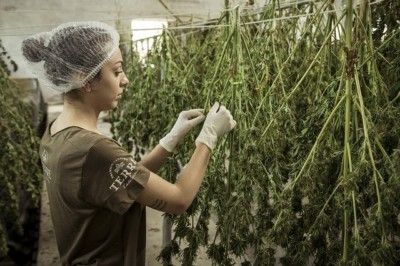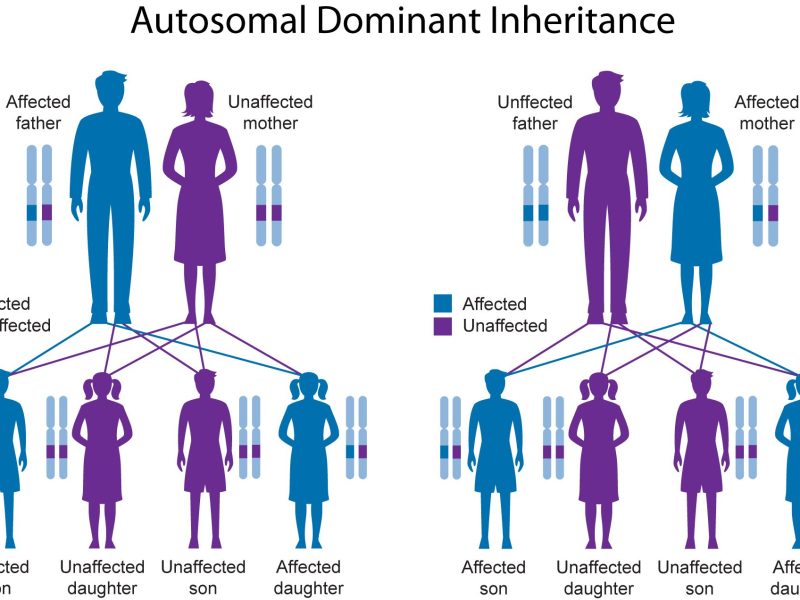CBD oil vs. Hemp oil: what are the differences?
When CBD oil is mentioned, it is also often associated with hemp oil, although these are two different products.
If you search for CBD oil on the Internet, you will inevitably come across hemp oil.
Therefore, many consumers wonder if this is the same product or if there are differences. The only commonality that both products have is that they are made from commercial hemp.
There are big differences in the production, as on one side a cannabinoid is extracted, while on the other side an edible oil is produced. We tell you what are the differences between hemp oil and CBD oil.
Is the manufacturing process of CBD oil and hemp oil the same??
There is now a lot of information about CBD oil, as it is becoming increasingly popular as a dietary supplement. Not only is it said to have a calming and pain-relieving effect, but it can also help with a variety of conditions.
Unfortunately, the media are not always very clear with the description of the products. CBD Vital experiences show that CBD oil is often referred to as hemp oil, which can be extremely confusing for consumers.
In fact, both products are completely different, as different components of the hemp plant are used for their production. Also, hemp oil and CBD oil are produced in different ways, so it is important to educate consumers about the difference between hemp oil and CBD oil.
What is CBD oil?
CBD oil is an extract obtained from the flowers and leaves of the hemp plant. The main active ingredient is cannabidiol – a cannabinoid that has been getting more and more attention lately.
Even today, CBD is readily associated with THC – the intoxicating active ingredient in the hemp plant – even though it has no psychoactive effects.
On the contrary: It is said to increase the well-being and can help with many complaints, which is why it is very popular as a dietary supplement. For this reason, CBD is not only used as an oil, but also as an ingredient in cosmetic products.
To be able to take CBD oil as a dietary supplement, the cannabidiol is extracted from useful hemp by means of CO2 extraction. Due to the gentle production process, the natural ingredients of hemp are preserved, with the THC content being less than 0.2 percent.
To dilute the extract, you add it to a carrier oil, which can be either hemp oil or MCT oil.
CBD Vital experience shows that both carrier oils have their advantages. While MCT oil (coconut oil) usually tastes very mild, fresh hemp oil is decidedly nutty in flavor and can enhance the natural aroma of CBD.
What CBD oil is used for?
CBD oil is a dietary supplement that can have a sedative and analgesic effect. It can help with sleep disorders, stress, mental health issues, acute and chronic pain conditions, and is also said to be effective for serious conditions such as multiple sclerosis.
What is hemp oil?
Unlike CBD oil, hemp oil, sometimes referred to as hemp seed oil, is a pure food product. Compared to CBD oil, hemp oil is extracted by cold pressing from the seeds of the hemp plant. Hemp oil contains neither THC nor CBD, but is particularly rich in polyunsaturated fatty acids.
One of the most important ingredients in hemp oil is omega-3 fatty acids, which are an important part of the diet and can otherwise only be obtained by eating fish.
Since we do not form the fatty acids ourselves, but must take in exclusively through the diet, hemp oil can be a good alternative, especially for vegetarians and vegans.
An important indicator of good hemp oil is the color. It tells you whether the hemp seeds are unhulled or hulled during processing.
For example, unhulled hemp seeds contain a lot of chlorophyll, which is why the green plant pigment is also reflected in the color of hemp oil.
On the other hand, if the hemp seeds are shelled, the oil takes on a brownish color. Green hemp oil is therefore generally considered the „better hemp oil“ because it contains a lot of natural plant substances.
What is hemp oil used for?
Hemp oil is a pure edible oil that is available in supermarkets. It is usually sold in dark bottles, as it is extremely sensitive to light and goes rancid quickly.
This is especially the case when hemp oil is stored for a longer period of time after the bottle has been opened, which can affect the taste of the oil. When stored for a longer period of time, the oil tastes extremely bitter and is then no longer usable for the refinement of dishes.
Fresh hemp oil, on the other hand, has a nutty and almost tart flavor. Since the oil is very sensitive to heat, it is only suitable for cold cuisine.
CBD Vital scores with excellent product quality
Many consumers report positively about their CBD Vital experiences. The full spectrum oil is produced particularly gently and sustainably in organic quality and is free of genetic engineering and harmful ingredients.
The fact that the manufacturer uses hemp oil as a carrier oil successfully rounds off the slightly nutty taste of CBD oil. In addition, the different CBD content allows many application possibilities, which can be especially advantageous for beginners.
Conclusion: hemp and CBD oil are two different products
When talking about hemp oil and CBD oil, consumers are often left in the dark about which oil is a dietary supplement and whether there are any differences at all.
Here it must be said quite clearly that these are different oils, which are consequently also used in different areas.
While hemp oil is an edible oil for cold cooking, CBD oil is used as a dietary supplement that can have a positive effect on well-being and help relieve pain, fatigue and sleep disorders.
The fact that CBD oil is often compared with hemp oil is probably due to the fact that hemp oil is used as a carrier oil in the production of CBD oil.


